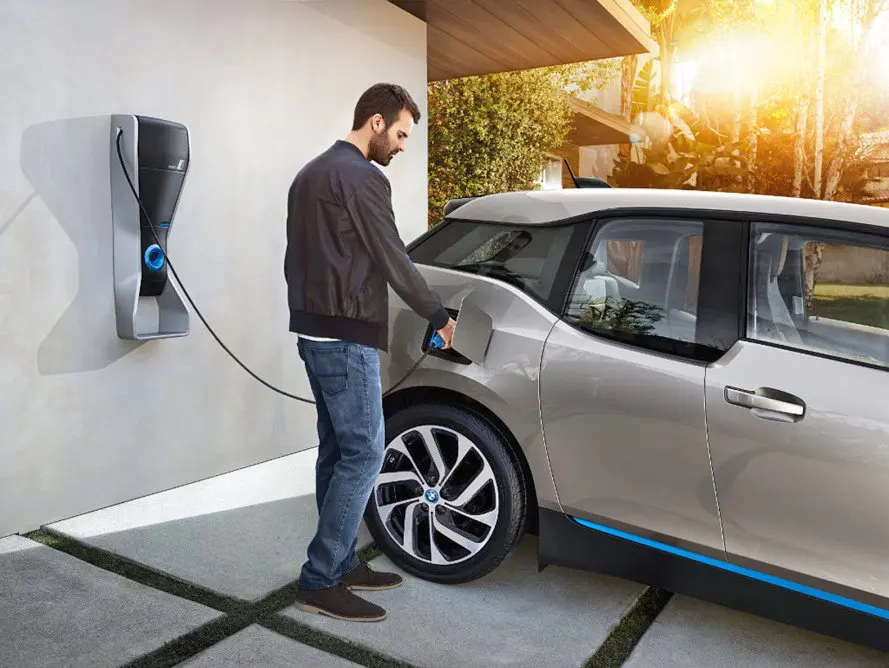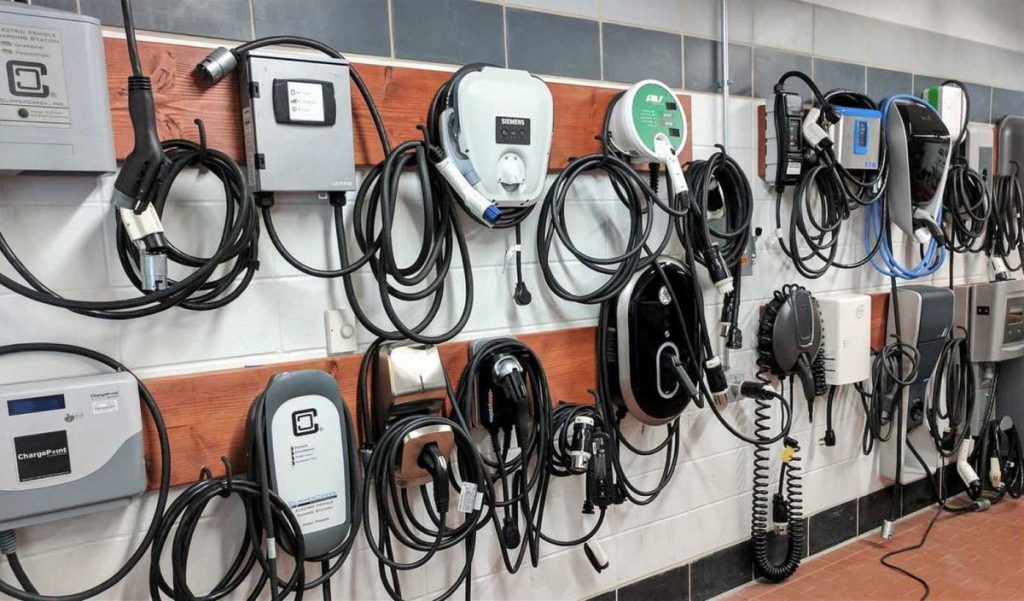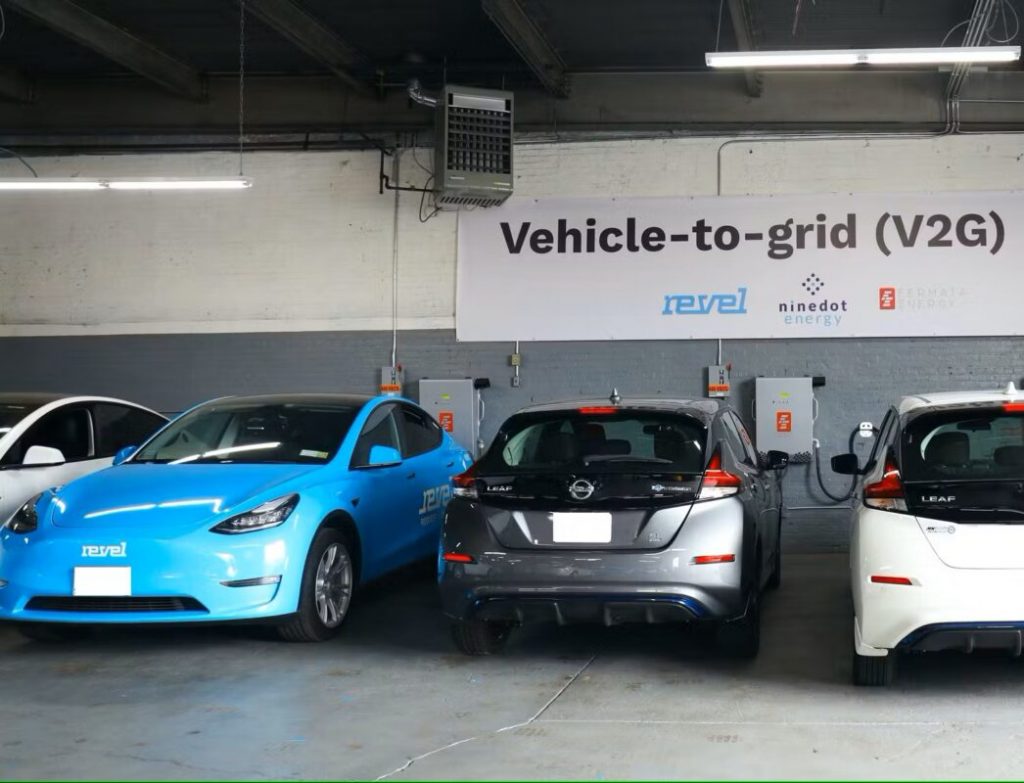Electric cars can be charged wherever there is electricity. They can gain a range of 10-15 km per hour from a standard household outlet, as well as a range of 100-150 km per hour with an AC charger at home.


⚡Electric cars can be charged wherever there is electricity. They can gain a range of 10-15 km per hour from a standard household outlet, as well as a range of 100-150 km per hour with an AC charger at home.

“Charging cars requires expensive chargers and new electrical wiring.”
🔌Charging an electric car is not much different from plugging in and starting a household appliance. As long as you pay attention to grounding, cable cross-section if you use an extension, and do not use the extension cable wrapped and cause overheating.
Depending on your needs, you can also use one of the chargers that can reach a speed of 7.4 kW in a single phase and 22 kW in three phases and act as a control device.
Electric vehicle chargers, also called Wallboxes, contact the onboard charging unit (OBC) in your car and provide a safe transfer of current from the network to the vehicle.

The single/three-phase AC coming from the network first passes through the PFC (power factor correction) stage and then through the LCC converter, where it is converted into DC which the battery can store.
For AC charging to be carried out smoothly, a fuse and cable suitable for the maximum AC charging speed of the vehicle must be used. While a 3x6mm2 cable and 20A fuse may be sufficient for a car that supports 7.4 kW AC charging, 5×10-20mm2 cable, and 40A fuses will be needed for Togg T10X reaching 22 kW speed.

“Charging at home can harm the car and those around it!”
🔋Charging equipment inside and outside the vehicle, designed to comply with conditions such as high voltage, temperature and humidity, minimizes the possibility of damage to the car.
On the contrary, when charged at home before setting off in cold weather, the battery reaches the optimum temperature, and energy consumption is reduced. Again, when an electric car that will not be used for a long time is charged at home, the battery can be prevented from losing its energy, waiting at 0% for a long time, and losing its useful life.
The impact on the surroundings when charging a car at home is not much different from charging an electronic device. There is no research showing the harm of charging to humans regarding the most curious issue of radiation.

🟢Home charging will become more efficient with the widespread use of compact DC chargers.
🟢Multi-connector site-type charging solutions and home-type systems that more drivers can benefit from will become widespread.
🟢With V2G (Vehicle to Grid) technology, it will be possible to use electric vehicle charging at home to balance the grid, thanks to devices that sell electricity to the grid when electricity is expensive and charge during hours when consumption decreases.